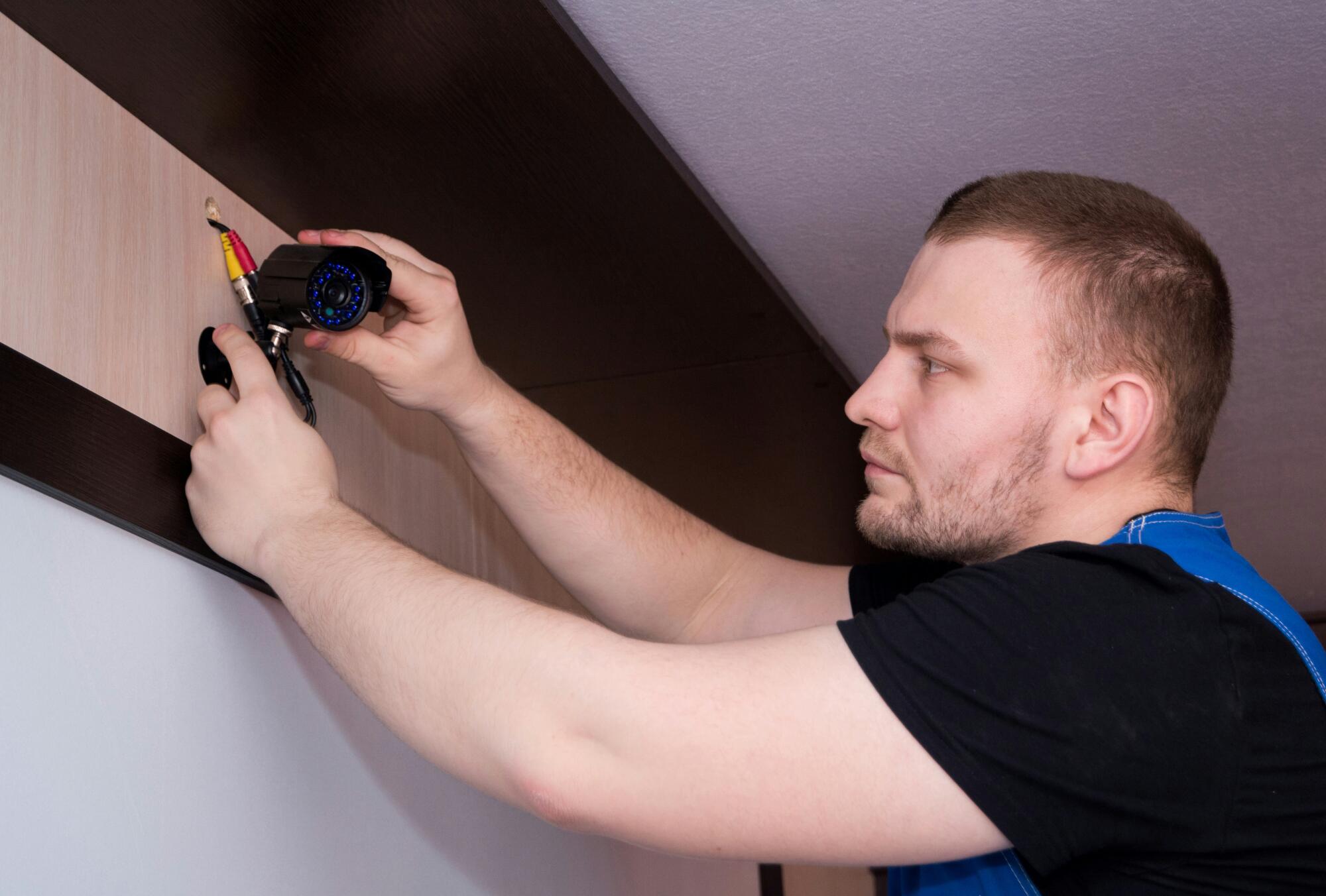Would you believe that Alaska is the only state in America without termites? They are quite fascinating creatures because they build the most intricate mud tubes and have some intriguing features. However, they are sneaky and silent, and the sheer damage they can leave in their wake is simply monumental.
They are so devastating that they are responsible for a staggering $30 billion in crops and property damages annually. Given that they can cause havoc and still remain undetected until they leave enough substantial damage, it’s important for homeowners to get a termite inspection regularly.
If you are yet to do it, we’ll give you some of the most important reasons why you need to get a termite inspection.
You Had Termites in the Past
If you had termites in your home in the past, there’s always a chance they can reinfest your home, so you need to make an annual home termite inspection. Sometimes, extermination doesn’t mean that you’ll never have to deal with termites again.
This is what we’d all want, but most pests are a nuisance in the sense that there’s always a chance they’ll return after extermination. If you have started noticing the signs you had before, hiring a professional termite inspection company can be a great idea.
You’ve Come Across Mud Packing in the Cracks of Wood or On Drywall
One of the most apparent signs that you have termites in your home is finding mud packing in wood cracks in your home.
Usually, when termites work inside the walls, they produce mud packing, which you’ll notice mostly in joints, corners, and foundation of the walls. They use this much packs as an added layer of protection in areas with cracks so that the workers can continue damaging the interior of the walls.
This prevents predators from entering these cracks, protecting the termite colony. Also, they use these mud packs to regulate the temperature in their tunnels.
If you notice these mud packings in your home, even if it’s just one, there’s a possibility that a termite colony is thriving behind it and you need to call in a pest home inspection company for a thorough inspection in your home.
You’ve Seen Hollow Wood in Your Home
Most often than not, hollow or cracked wood is a sign that you have termites in your home.
You see, termites chew on wood from the inside and leave a thin layer behind just enough to protect them from predators. The best way for you to find hollow wood is by tapping and listening to what sounds the wood makes.
Tap skirting boards, architraves, and window frames because these are the areas most prone to termites. If you hear a hollow sound, or inconsistencies in the sound the wood makes, there’s a high chance there are termites chewing through it at that moment.
In this case, it’s advisable not to take any chances, or waste any timer, and call in a professional termite inspection service. The thing is, if there are in one place, they may be in other areas of your home, so before extermination, you need to know all the areas to work on.
You’ve Come Across Mud Tunnels or Galleries
There are several different types of termites, and if you live in areas prone to the Subterranean termite, you’re likely to come across mud tunnels.
Mud tunnels are different from mud packing because they are exactly what they sound like: tunnels. Termites create these tube-like structures made of mud-like materials, which serves as a shelter from air and light.
You’ll mostly find these tunnels in shady spots, like crawl spaces, which makes them a bit harder to spot. Apart from mud tunnels, termites also create galleries in wood, which are very similar to tunnels. They make intricate honeycomb patterns as they chew on the wood, and if you find these in your home, it’s a clear sign you have termites in your home and require a termite inspection.
You’ve Found a Termite Nest
Termite nests are not easy to spot because they are usually in well-hidden areas like the subfloor or the yard. However, if you have spotted on in your home, it’s a sure sign that you have a termite infestation. Even after finding the nest, it’s still important to have a termite inspection before you can finally have an extermination.
You Found Termites in Your Yard
One of the best indications you might have a termite infestation in your home is finding termites in your garden.
If you find rotten wood in your fence or dieback on trees, check to see whether you find termites. If you do find some, it’s imperative that you call in a pest and termite home inspection company so they can investigate where the colonies are located and what areas of your home are infested.
You’ve Found Termite Swarmers
During warm summer nights, winged termites, known as alates, go up to light fixtures. If you see them in your home, there is a nest not too far away, and they are possibly looking for a place to relocate or to build a new colony.
Even if you fail to see them at height, you may find discarded wings.
Once a male and female termites find a place to build a colony, they shed their wings, mate, and start a new colony. They become the king and queen of the new colony and will start terrorizing your home from the inside. If you did find these wings or saw the swarmers, call in a termite inspection company right away.
If Your Doors and Windows Are Hard to Open
Hard to close doors and windows can be a telltale sign of termites. Wood usually swells due to moisture and termites produce a lot of it when chewing through wood and tunneling.
This causes the wood to warp or expand, which makes the doors hard to open or close. Of course, tight-fitting doors and windows could be a sign of humid weather, but you need a termite structural damage inspection to be sure.
When to Call a Termite Inspection Service
If you have come across any of these signs, then it’s probable that you have termites in your home. We highly recommend calling in a professional termite inspection company immediately to ensure they don’t damage your property any more than they already have.
If you live in the Greater Orlando area and feel that you need a termite inspection, please contact our experts today, and we’ll be more than glad to help!










